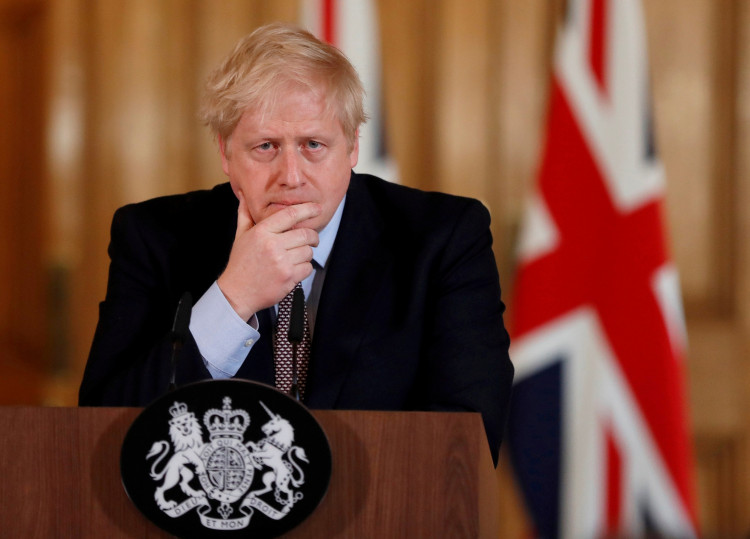Boris Johnson called for the strengthening of restrictions on foreign takeovers to repel Chinese raiders labelled as companies that pose as a 'security risk' in the British market. All the businesses are compelled to disclose any foreign takeovers during the last couple of decades or so.
Jaguar Land Rover (JLR), Tetley Tea, Boots, HP sauce, Cadbury, Harrods, Heathrow Airport, Manchester United, O2, Weetabix, Rolls-Royce Motors, Dulux paint, and Beefeater gin were among the companies called out by Johnson.
These businesses have been bought by owners outside of the United Kingdom. They were compelled to disclose foreign takeovers in the last couple of decades or so. The move was perceived to be a measure taken by the British government to repel Chinese companies labelled as 'security risks' from acquiring stakes.
During the period allotted, there have been indications of loss in national assets. Despite evidence that businesses such as JLR were owned by Tata of India, there has been a showing that the company improved under foreign ownership.
At present, Britain's rules on foreign takeovers have been strengthened. Johnson aims to make it mandatory for these British companies to report attempted takeovers that would pose a security risk for the market. Failure to abide by the mandatory requirement would be deemed tantamount to a criminal offense. The punishments for the violations include disqualifications of directors, heavy fines, and even imprisonment.
The proposal served as a revival of Theresa May's administration from 2018. The interventionist approach to takeovers was said to be laid out in a national security and investment white paper. The said approach was perceived to go against Chinese companies who seek acquisition of British companies.
May was keen on passing the proposals but was opposed by senior cabinet colleagues. The opposers include chancellor Philip Hammond and then-business secretary, Greg Clark. The opposers argued that the approach was contrary to the then government's message that the UK would be an open economy. During such time, the region was also more welcoming towards overseas businesses and investors after Brexit.
At present, chancellor Rishi Sunak has revived the efforts and proposed the rule. The said rule is currently being supported by the prime minister's chief adviser Dominic Cummings.
Johnson enjoys a substantially bigger parliamentary majority compared to Mary's administration. The interests of the parliament also shifted against China in recent months due to global pandemic issues. Five years ago, David Cameron welcomed Chinese President Xi Jining to Chequers, along with Cameron's chancellor George Osborne. During the meeting, it was established that the UK is the world's most promising destination for Chinese investments.
Scrutiny against China also worsened following attacked by US President Donald Trump against Huawei concerning 'security risks' posed by Huawei's 5G networks. Tensions escalated when UK chipmaker Imagination Technologies was bought for 550 million euros three years ago by Canyon Bridge. The private equity firm was backed by the Chinese government.





